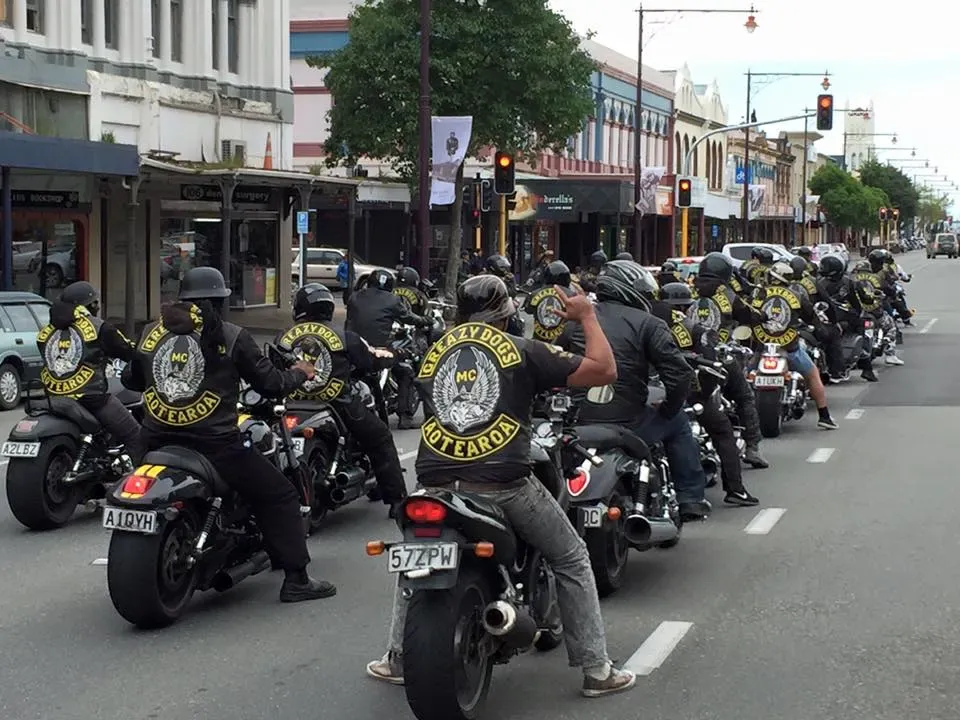
- New legislation gives police and courts stronger powers to tackle gang-related activities.
- Courts can issue non-consorting orders, and police can stop gang members from associating.
- Repeat offenders face new restrictions on displaying gang insignia in both public and private.
Legislation passed through Parliament today will provide police and the courts with stronger tools to combat gangs across New Zealand, according to Justice Minister Paul Goldsmith.
“From November 21, gang insignia will be banned in all public places, courts will be able to issue non-consorting orders, and police will be able to stop criminal gangs from associating and communicating," Goldsmith said.
The new law aims to increase the penalties for gang-related crimes and targets gang members in both public and private spaces. “Greater weight will also be given to gang membership at sentencing, enabling courts to impose more severe punishments, as committed to in the National, Act and NZ First Coalition agreements,” he explained.
Goldsmith also highlighted the rise in gang activity. “Gang membership has increased 51 percent over the last five years, alongside violent crime increasing 33 percent. This Government is committed to restoring law and order.”
A key provision will allow courts to impose a five-year order prohibiting convicted offenders from displaying gang insignia, whether in public or private. This includes banning patches being displayed inside private vehicles.
Police will gain new powers to break up public gang gatherings by issuing dispersal notices, while non-consorting orders will prevent known criminals from associating with one another for up to three years. “Non-consorting orders issued by the courts will prevent the most serious gang criminals from associating and communicating with one another for three years, where there is a risk of them planning or committing further gang crime,” Goldsmith noted.
He underscored the significance of these measures, pointing out that despite making up less than one quarter of one percent of New Zealand’s adult population, gang members are linked to a disproportionate share of violent crime and other serious offences.
“This Government is committed to ensuring there are 20,000 fewer victims of violent crime by 2029, and reducing serious youth offending by 15 per cent,” he added.
Goldsmith concluded with a firm message: “Part of that is ensuring gang members are no longer able to wreak havoc throughout our communities. Our message to them is clear, the days of behaving like you are above the law, are over.”

